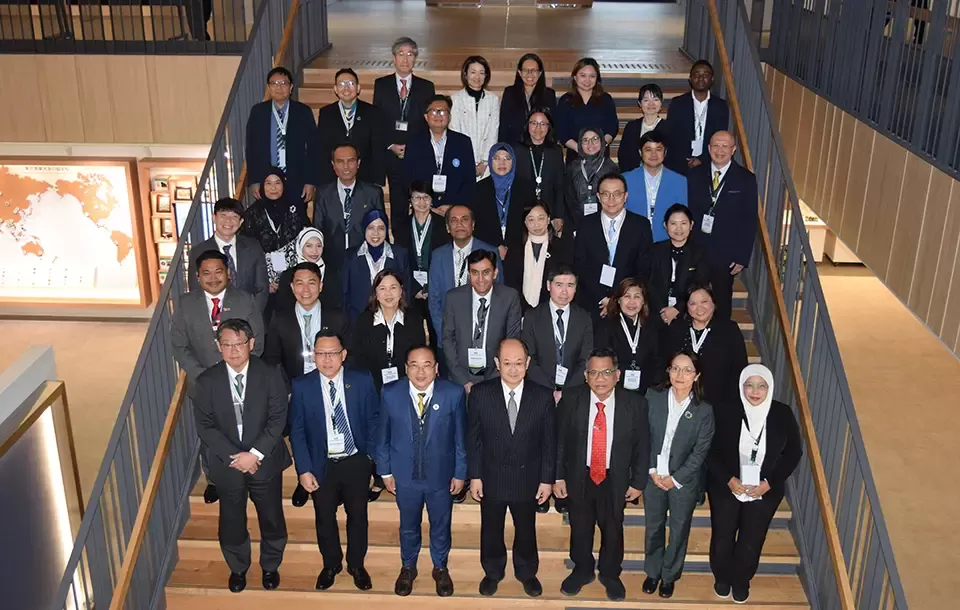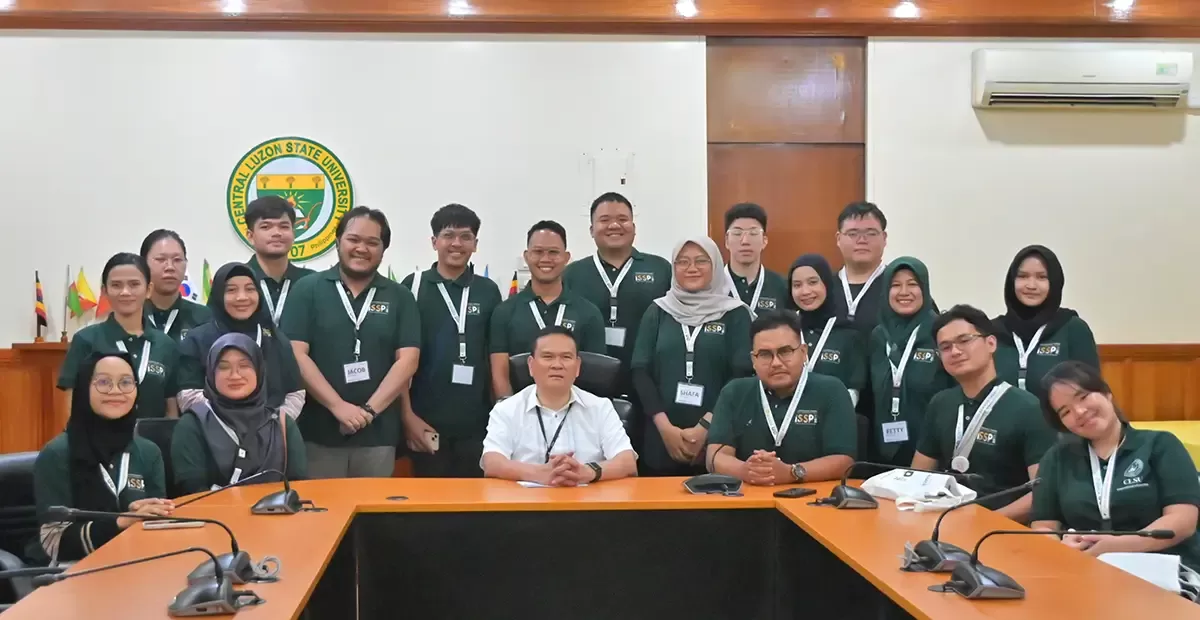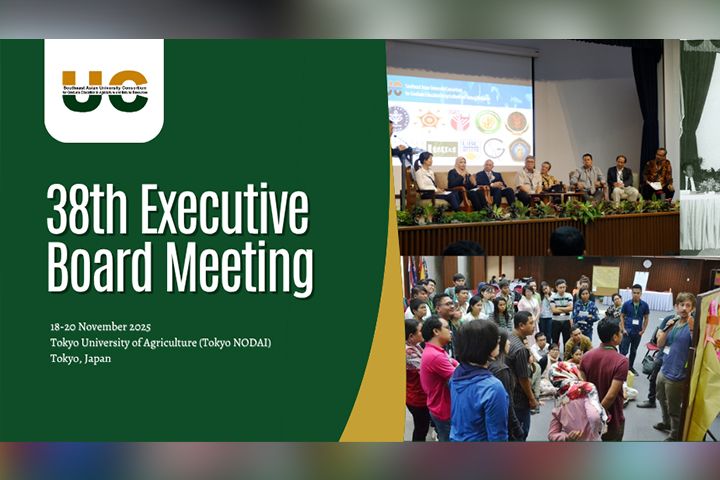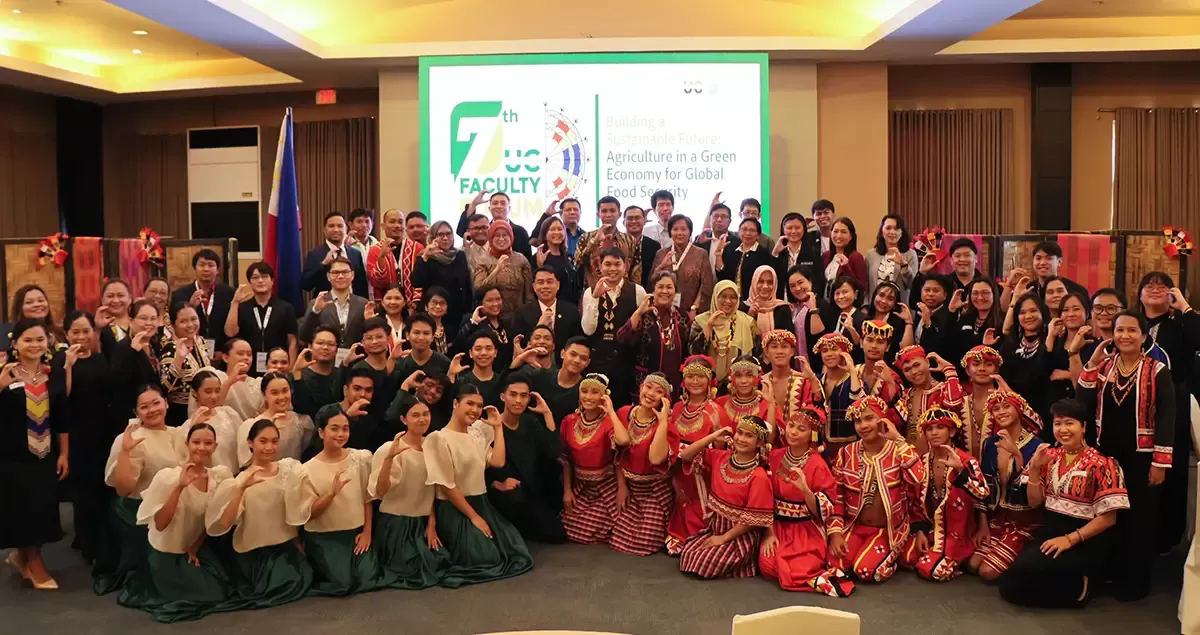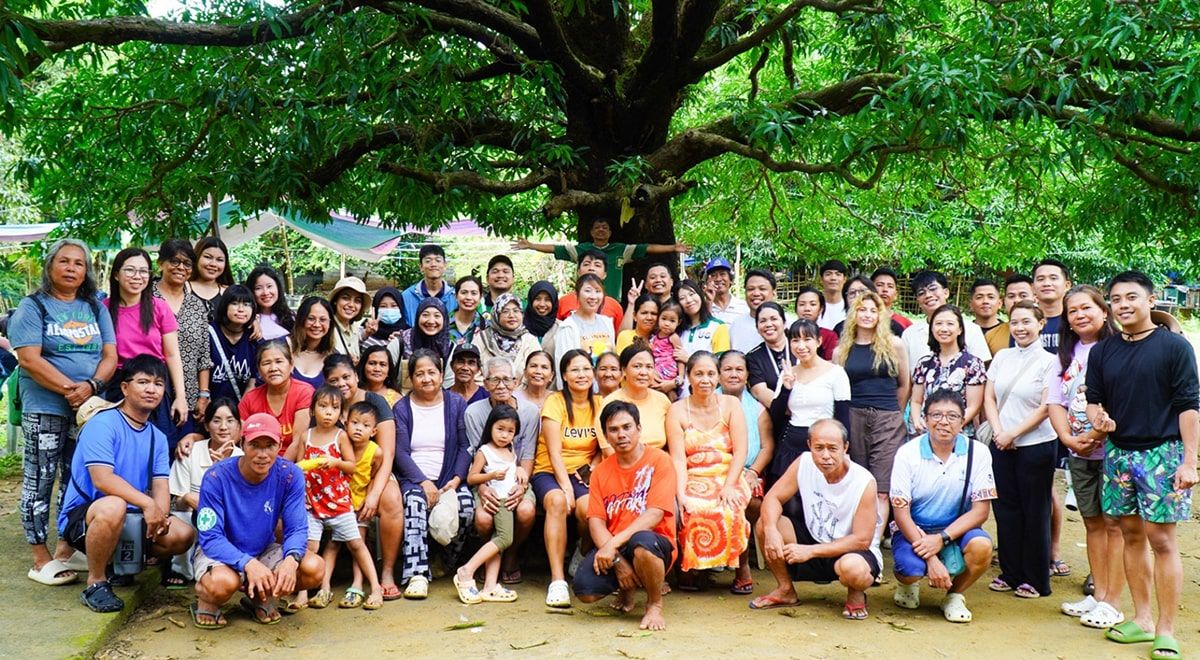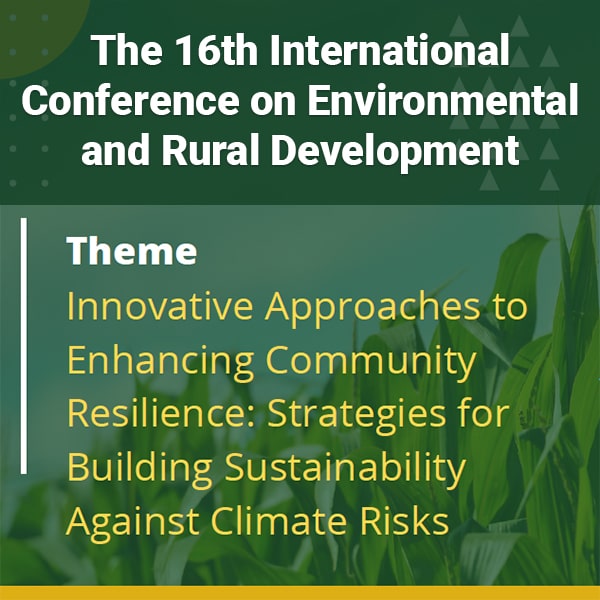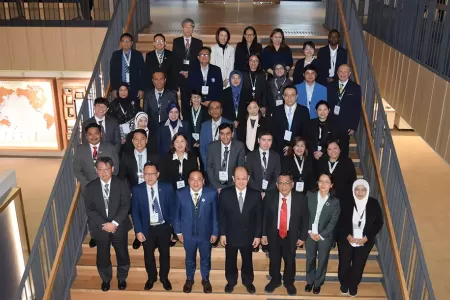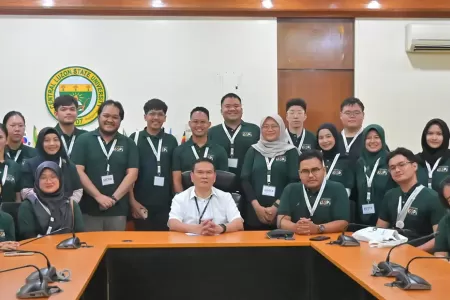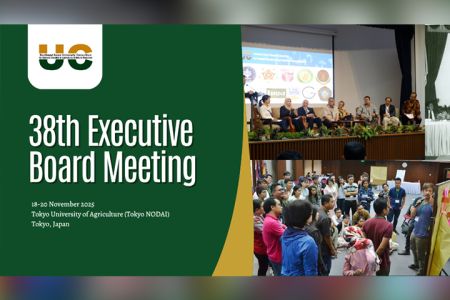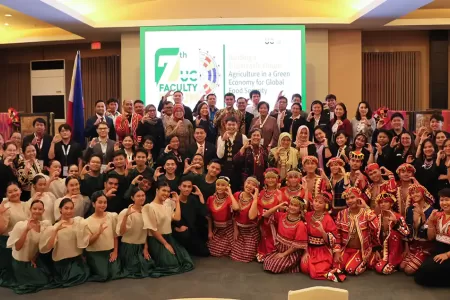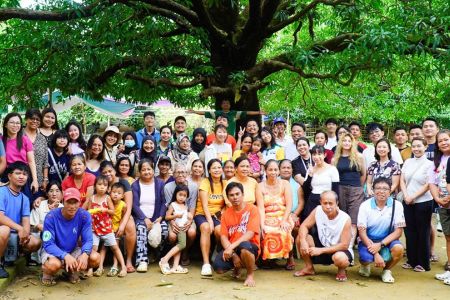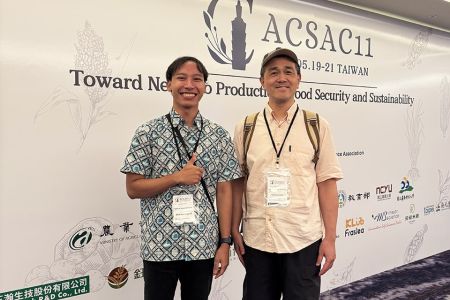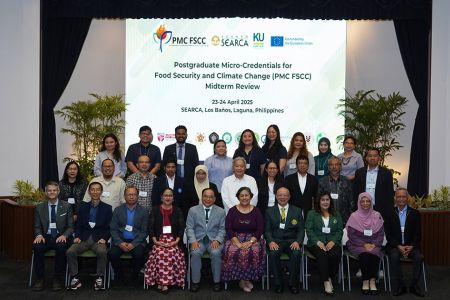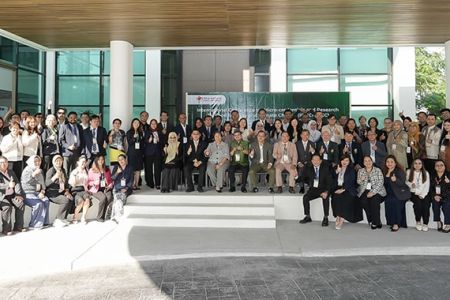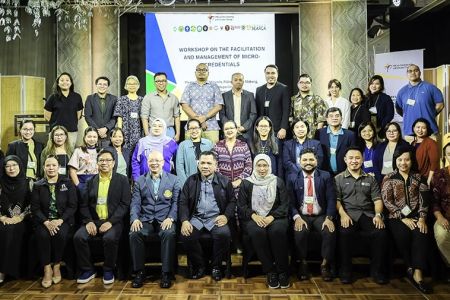UPM and Subang Jaya Municipal Council Develop Technology on Solid Waste Management
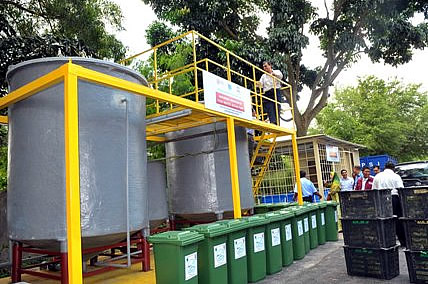
Universiti Putra Malaysia (UPM) teamed up with the Subang Jaya Municipal Council (MPSJ) to launch a Vermicomposting and Biogas Anaerobic Digestion technology that can help address the problem of solid waste in the Seri Serdang public market. According to MPSJ President Dato Asmawi Kasbi, this is the first green project undertaken by the local government. The National Solid Waste Management Department was able to provide MYR 200,000 for the Anaerobic Digestion Biogas component, while the Ministry of Education (MOE) covered the cost of the vermicomposting component of this technology developed by UPM researchers.
MPSJ expects local businesses as well as the residents of Serdang to benefit from this initiative.
The Anaerobic Digestion Biogas project has the capability to convert food waste into biogas. Anaerobic digestion of sludge from waste can also be used as fertilizer. Aside from good solid waste management practice, biogas technology is in line with Malaysia’s National Renewable Energy Policy and Action Plan which aims to increase the use of renewable energy for electricity from 1 percent to 5.5 percent by 2015.
On the other hand, vermicomposting refers to the natural decomposition process using vermin organisms (worms) to produce compost in 30 days. The vermicomposting project, led by Dr. Azni Idris of the Faculty of Engineering in UPM, aims to promote a green community and improve the quality of life in Serdang. The project is part of a three-year pilot program that intends to develop the concept of urban biomass.
Source: UPM News|23 April 2012

